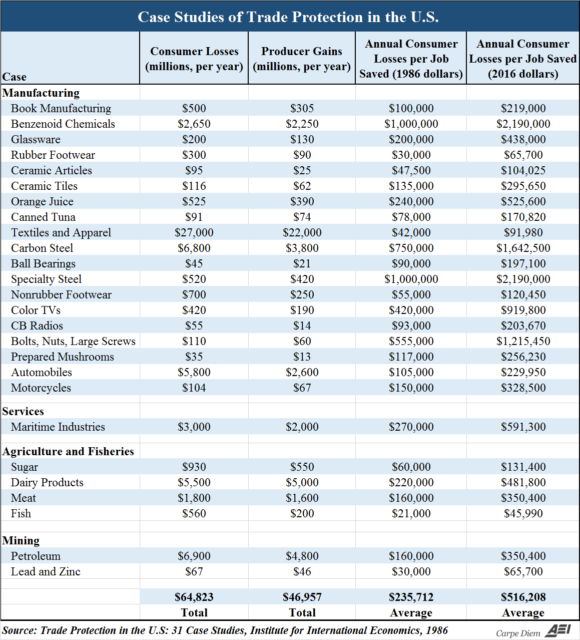In the Guardian, Nick Cohen says you shouldn’t be concerned about compulsive liars: it’s the compulsive believers you should worry about:
Compulsive liars shouldn’t frighten you. They can harm no one, if no one listens to them. Compulsive believers, on the other hand: they should terrify you. Believers are the liars’ enablers. Their votes give the demagogue his power. Their trust turns the charlatan into the president. Their credulity ensures that the propaganda of half-calculating and half-mad fanatics has the power to change the world.
How you see the believers determines how you fight them and seek to protect liberal society from its enemies. And I don’t just mean how you fight that object of liberal despair and conservative fantasies, the alternately despised and patronised white working class. Compulsive believers are not just rednecks. They include figures as elevated as the British prime minister and her cabinet. Before the EU referendum, a May administration would have responded to the hitherto unthinkable arrival of a US president who threatened Nato and indulged Putin by hugging Britain’s European allies close. But Brexit has thrown Britain’s European alliance into crisis. So English Conservative politicians must crush their doubts and believe with a desperate compulsion that the alleged “pragmatism” of Donald Trump will triumph over his undoubted extremism, a belief that to date has as much basis in fact as creationism.
Mainstream journalists are almost as credulous. After decades of imitating Jeremy Paxman and seizing on the trivial gaffes and small lies of largely harmless politicians, they are unable to cope with the fantastic lies of the new authoritarian movements. When confronted with men who lie so instinctively they believe their lies as they tell them, they can only insist on a fair hearing for the sake of “balance”. Their acceptance signals to the audience the unbelievable is worthy of belief.
[…]
As their old world is engulfed now, the sluggish reflexes and limited minds of too many conservatives compel them to cry out against liberal hypocrisy, as if it were all that mattered. There is more than enough hypocrisy to go round. I must confess to wondering about the sincerity of those who protest against the collective punishment of Trump’s ban on visitors from Muslim countries but remain silent when Arab countries deny all Israeli Jews admission. I too would like to know why there was so little protest when Obama gave Iran funds to spend on the devastation of Syria. But the greatest hypocrisy is always to divert attention from what is staring you in the face today and may be kicking you in the teeth tomorrow.
The temptation to think it a new totalitarianism is too strong for many to resist. Despite readers reaching for Hannah Arendt and George Orwell, strictly speaking, the comparison with fascism and communism isn’t true. When I floated it with the great historian of Nazism, Sir Richard Evans, he almost sighed. It’s not just that there aren’t the death camps and torture chambers, he said. The street violence that brought fascists to power in Italy and Germany and the communists to power in Russia is absent today.
The 21st-century’s model for a strongman is a leader who makes opposition as hard as possible, as Orbán is trying to do in Hungary, but does not actually declare a dictatorship, for not even Putin has done that.
H/T to Guy Herbert for the link.




